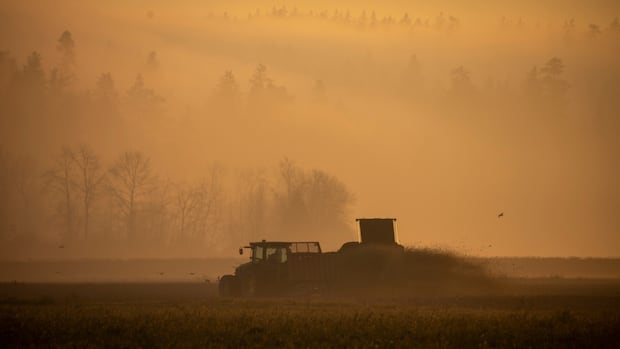Hunters, advocacy groups raise concerns about hunting pregnant elk as Sask. extends season

Saskatchewan hunters and advocacy groups are up in arms after the Saskatchewan government recently extended the elk hunting season into March for three areas of the province.
In a surprising move, the provincial government has decided to offer licenses for elk hunting from March 10 to 31 in WMZ 39, west of Yorkton, the RM of Stanley, northeast of Fort Qu’Appelle, and the RM of Leask, north of Saskatoon. The reason cited for this extension is wildlife damage on farms and the need to collect samples of bovine tuberculosis in WMZ 39 and RM of Stanley.
The announcement has sparked backlash from animal rights and Indigenous groups who argue that hunting pregnant elk during this time of year is unethical and goes against Indigenous cultural norms. With the extended hunting season falling during the elk’s breeding period, many of the female elk hunted will likely be pregnant.
Legal advocacy group Animal Justice wasted no time in addressing their concerns, sending a letter to Saskatchewan’s Minister of the Environment, Travis Keisig, stating that hunting pregnant elk in March violates Saskatchewan’s Animal Protection Act. The Act prohibits causing undue distress to animals while hunting, with exceptions for practices that are considered reasonable and generally accepted. However, Animal Justice argues that hunting pregnant elk in March does not meet these criteria.
The Federation of Sovereign Indigenous Nations (FSIN) has also voiced their opposition to the extended hunting season, citing cultural values that prohibit the hunting of pregnant elk. FSIN Chief Bobby Cameron emphasized the need for alternative methods to address elk populations without resorting to hunting pregnant animals.
Some hunters, like Rebecca Russell from Last Mountain Lake, acknowledge the ethical concerns surrounding hunting pregnant elk but suggest alternative solutions such as selling more hunting tags and expanding hunting windows to control elk populations more effectively.
The government of Saskatchewan has acknowledged the concerns raised by Animal Justice and FSIN but stands by their decision to extend the hunting season, citing above-average damage claims in the hunting areas and the threat of bovine tuberculosis. With a recent case of bovine tuberculosis detected in a herd in southeastern Saskatchewan, the government emphasizes the importance of testing elk for the disease in RM of Stanley and WMZ 39.
Ryan Brook, a professor at the University of Saskatchewan College of Agriculture and Bioresources, supports the extended hunt as a proactive measure to prevent the spread of bovine tuberculosis. He emphasizes the urgency of testing elk for the disease to prevent its rapid spread among wildlife populations.
While concerns about ethics and cultural values are valid, the government believes that taking action to address the threat of bovine tuberculosis is crucial. The debate over the extended elk hunting season continues, with stakeholders on all sides advocating for the protection of wildlife while also addressing the challenges faced by farmers.




